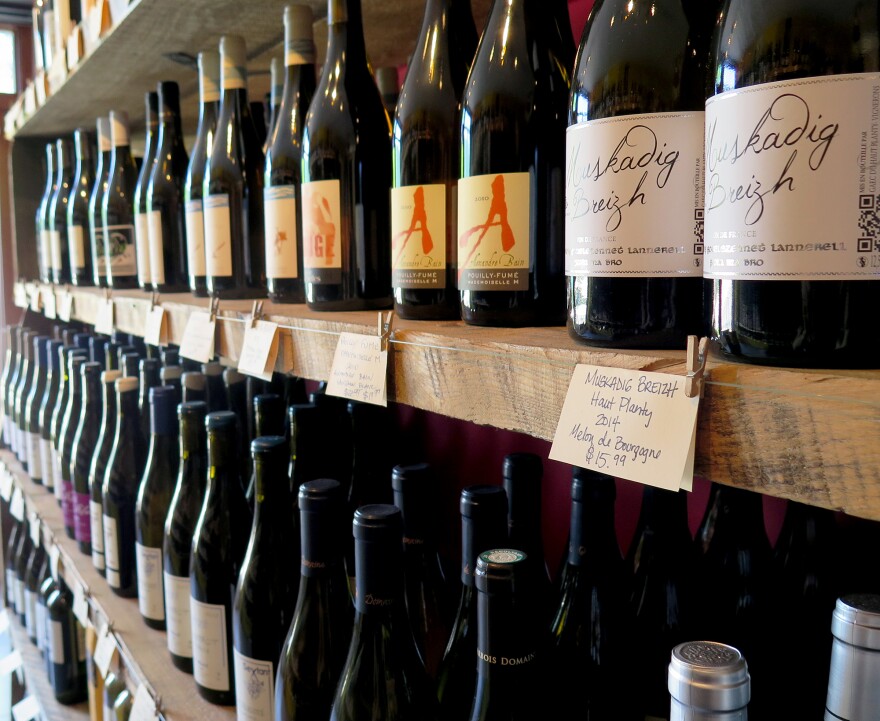Lawmakers continue their push to make alcohol delivery legal in Delaware – this time with direct-to-consumer (DTC) shipping.
Delaware remains one of the last three states, along with Utah and Mississippi, that does not allow DTC alcohol sales, and House Bill 259 is looking to change that.
A release from the Delaware House Republicans says a survey of 500 state residents commissioned by the Delaware Wineries Association and conducted by the University of Delaware found more than 85% respondents support DTC alcohol sales.
State Rep. Jeff Spiegelman introduced legislation in July that would allow craft beverage makers to ship alcohol to Delawareans’ doorsteps.
One of the main concerns with DTC sales is that it disrupts the three-tier system of alcohol distribution, requiring producers to sell to distributors who then sell to retailers before the product can reach the customer, but Spiegelman argues this hurts craft breweries and wineries.
Because they are not able to ship their products into Delaware, there is no legal way for residents to obtain this type of alcohol if local liquor stores don’t carry it.
“What’s not going through the three-tiered system is that piece of business from Harvest Ridge Winery or Painted Stave Distilling that allows them to ship directly to consumer. That’s an astronomically small piece of the liquor store and the three-tier system’s bottom line, and it helps the craft beverage," Spiegelman says.
He explains the bill isn’t interested in allowing big-name producers to ship directly to consumers, but instead aims to enable small craft breweries to ship their products to Delawareans.
"I'm not as interested in taking care of the 'Budweisers' and 'Gallos' of the world — they're doing just fine without being able to ship directly to consumer in Delaware — but, the little guy, in particular, the craft beverage. Whether that's in state, being able to get Harvest Ridge Winery from Marydel, Delaware, shipped to Wilmington, Delaware, or out of state, being able to get any of the great wines out of the Finger Lakes region of New York," he says.
Spiegelman explains if even a single share of a distillery or winery is owned by a larger conglomerate that is not a craft beverage maker, the producer would not qualify for DTC under this law.
“This is a service you should be allowed to have, and it’s a service that’s worked in 47 other states. We should be one of them," he says.
There are currently two other bills in committee that aim to change the First State’s alcohol delivery laws.
Senate Bill 166 looks to legalize third-party alcohol delivery from restaurants — allowing food delivery services like DoorDash or Uber Eats to deliver alcohol to of-age residents.
House Bill 262 would allow all types of DTC wine shipment, up to 3 9-liter cases to a single household per year, as long as the wine producers holds a valid license.
All three bills have been assigned to committee, and hearings will start after the legislative session begins next week.




